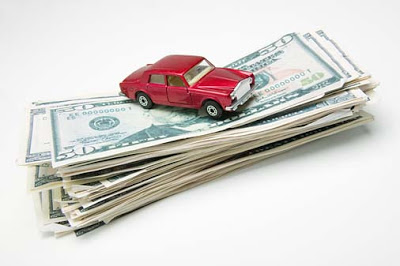If you are considering buying a new car, it goes without saying that you would be best advised to find out how much your vehicle will cost you to insure.
Before you go to an insurance company for a quote, though, you should know that while prices do vary from one insurer to the next, it is the specific Car Insurance Group in which your future car is placed that will arguably have the biggest bearing on your premium.
Since 2010, Car Insurance Groups have been numbered from 1 to 50, so if you are looking for the cheapest car insurance, you should look for cars in lowest groups – the cars in groups 1-12 sit in the lowest tax bands A-E.
Cars are placed in to the groups according to a number of different criteria, including: the cost of the car as new and the performance of the car (with top speed, acceleration time and even its image being taken into account here).
In addition the cost of any repairs to the vehicle and/or the cost of replacing the body shell are also factors which determine in which Insurance Group each car is placed.
The Fiat Panda for example is a low-powered car with a 1.1 litre engine low top speed and acceleration time and consequently falls in Group 1 – it is the high-performance models that fall in the higher-numbered groups and are therefore likely to cost the most to insure.
Who assesses the car?
Every model of vehicle made for the road in the UK i.e. those cars adhering to UK specifications is assessed on a monthly basis by the Group Rating Panel which is comprised of both the Association of British Insurers and by the Lloyds Market Association. Much of the information used to assess each vehicle is taken from
meticulous research gathered by the Motor Insurance Research Centre.
This however is only the case for cars insurance in the UK, for example in Italy, the car is insured and not the driver, so the age and past record of a driver is not taken into account., in Ireland on the other hand since a recent gender equality law change, one Irish insurer, 123.ie showed that 87% of men could save money by switching to them.


